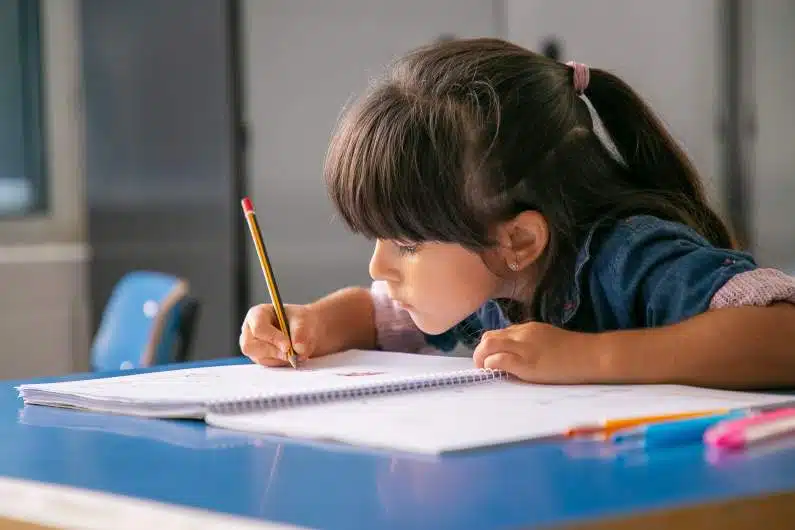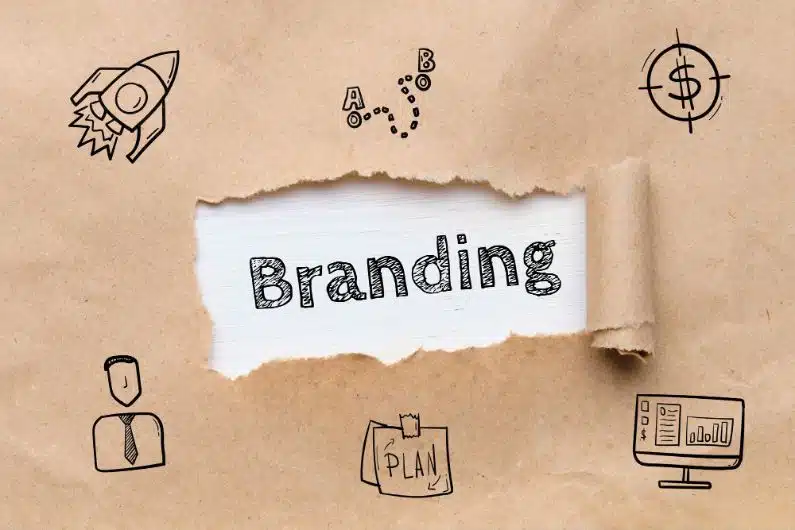Teaching your kids a new language is not an easy task, but raising them bilingual will provide a lot of advantages in the future, and it is better if they start at an early age.
It is not a secret to anyone that we tend to absorb new languages like a sponge at a younger age, it can also provide multiple benefits in the long run.
A good deal of research has demonstrated that learning another language secures a good outcome in terms of opportunities in the future, from boosting critical thinking, and problem-solving to mental flexibility and listening skills, but not only that, it also increases concentration, creativity, and memory.
For instance, Spanish is widely regarded as one of the most accessible languages for beginners to learn.
To accelerate one’s progress in learning Spanish, enlisting the assistance of a Spanish tutor can provide a valuable boost.
Whether you are a beginner or more advanced learner, finding a Spanish tutor who can tailor their teaching style to your needs and level of proficiency can make a significant difference in your language acquisition journey. German and French are also recommended.
Pros of Learning a Second Language at an Early Age
Bilingual children tend to often learn faster, they are more open-minded and establish a connection with different cultures easier, making them more tolerant.
One of the biggest appeals is the fact they are less likely to suffer from mental illness related to aging and are more prone to better career opportunities when older.
Also, in recent years researchers have been studying that being bilingual or learning a language when young is not as hard as it was in the past due to the amount of exposure and information around.
Additionally, the methods of teaching kids have improved as well, helping them learn faster.
There Is a Learning Facilitation
The main benefit of studying another language as kids is that we tend learn a lot easier and faster, due to a couple of factors such as less inhibitions, more leisure time for learning and practice, and desire for learning and training another dialect.
Kids tend to assimilate and retain information better than adults, and their brains are more active.
That’s why it’s crucial for them to have access to resources that can enhance their learning experience. For subjects beyond language learning, like mathematics, it’s equally important to provide the right support.
Finding the right help, such as the ability to find math tutors, can be a pivotal part of a child’s educational journey, ensuring they have the opportunity to learn more effectively across different subjects.
Additional Time to Review
Have you ever thought of having the initiative to start something new, but you can’t because you don’t have time?
Between work, gym, and family, there’s limited time for adults to compromise in acquiring a new language fast. Normally, children have the advantage of having plenty of time to attain new skills.
Just think about how much time it took you to learn to read, write or even speak? It usually takes at least 15 years for a person to be able to reach a high level of communication.
Kids can easily reach this level by an early age by practicing two languages in their everyday lives.
Children Thought Process Are Simpler
Another big pro of studying another language at a younger age is that kids can think more unambiguously than us, in their learning process they use simpler structures of sentences with fewer words and their way of thinking is less complicated.
This often leads to not feeling overwhelmed while learning to be bilingual, reducing the stress of communicating feelings and thoughts in a new language and making it easier to convey themselves as an adult.
Translating complicated sentences as an adult can be quite the struggle, luckily children often don’t have this issue.





